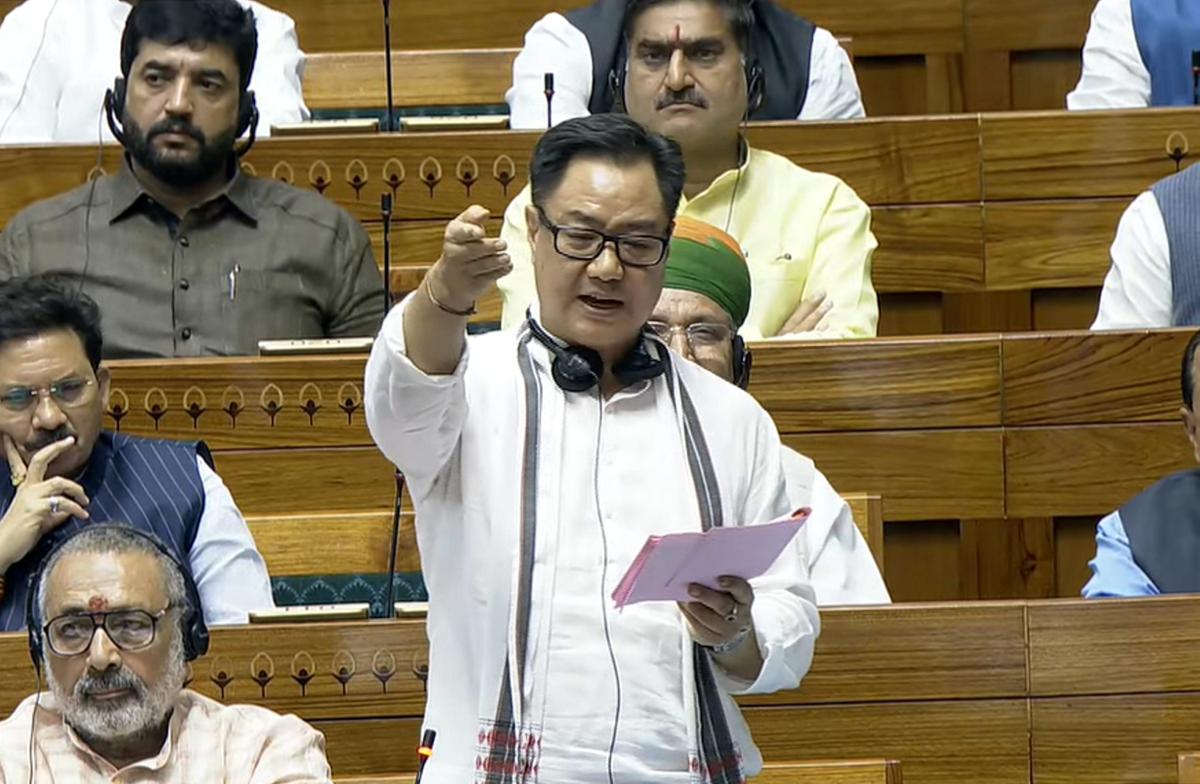
Union Minister for Minority Affairs, Kiren Rijiju, introduced the bill, emphasizing its focus on incorporating technology-driven management to address existing complexities and ensure transparency within Waqf institutions. He highlighted that the proposed amendments are designed to streamline processes and improve oversight of Waqf assets.
The debate saw active participation from both the ruling National Democratic Alliance and opposition members. Opposition parties raised concerns regarding certain provisions of the bill, questioning potential implications for the autonomy of Waqf boards and the rights of the Muslim community. They argued that some amendments might infringe upon religious freedoms and the management of charitable endowments.
In response, Minister Rijiju assured the House that the amendments were formulated after extensive consultations, including inputs from various stakeholders and recommendations from the Joint Parliamentary Committee . He stated that the bill does not intend to interfere with religious practices but aims to bring about reforms for better governance of Waqf properties. The JPC had engaged with numerous delegations and reviewed a substantial number of petitions and memorandums before finalizing its report.
The bill introduces several key changes, such as the digitization of Waqf records, mandatory registration of Waqf properties with district authorities, and the restructuring of Waqf boards to include representation from Muslim women and non-Muslim members. Additionally, it proposes the establishment of separate boards for specific communities like the Bohras and Aghakhanis, aiming to address the unique needs of these groups.
